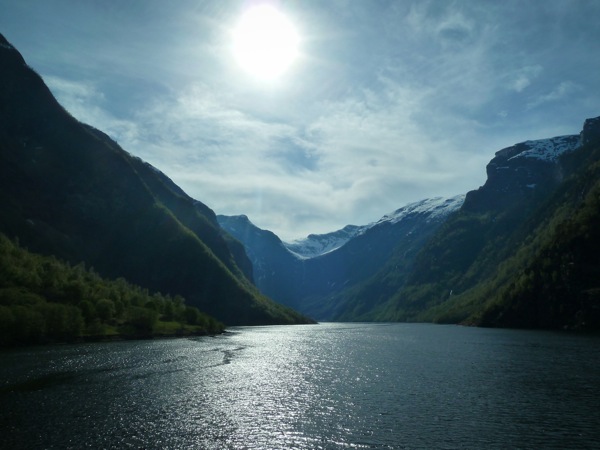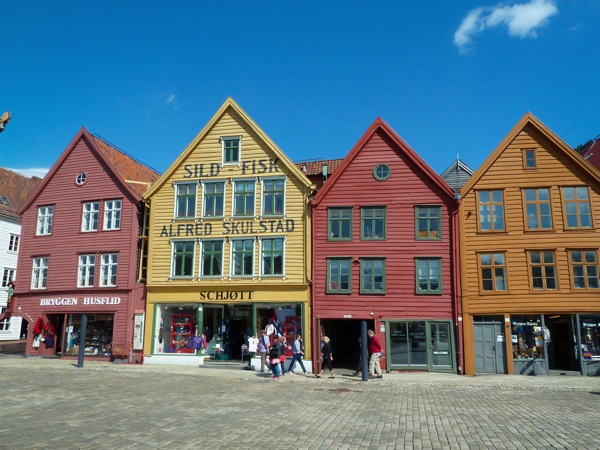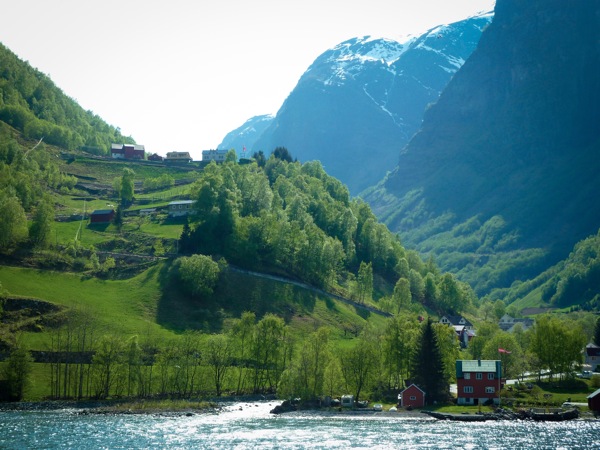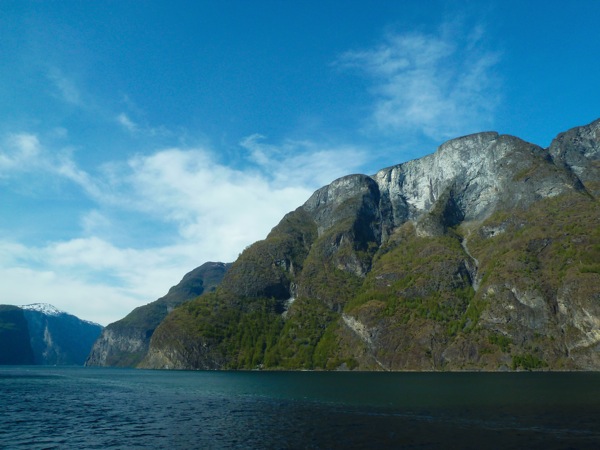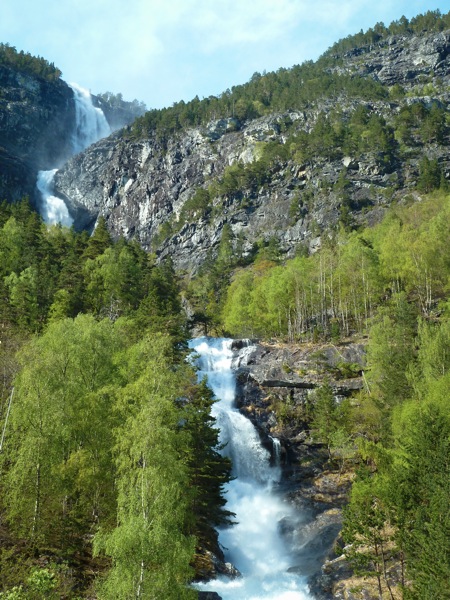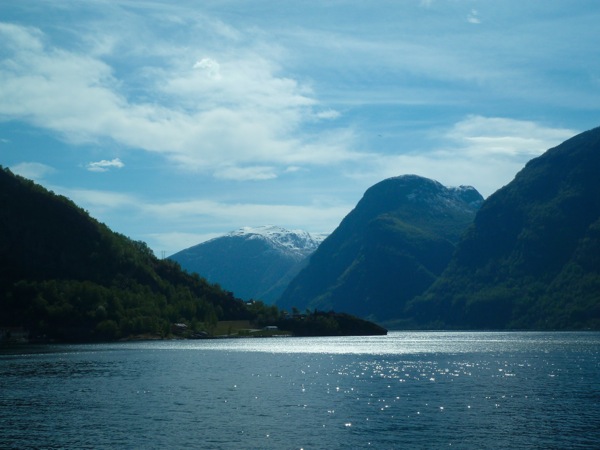What helps when you are an accompanying spouse
Last week I wrote about my experiences as an accompanying spouse, and this week I want to share some tips about some of the things that can help:

Image from thewheatfield
Make friends
Building a social network is one of the most important steps to feeling at home in a new country. It’s great to have people to go out for lunch with, to compare experiences with and to have someone you can call when you are trying to work out how to make an appointment with the doctor, or where on earth you can buy a certain item. (this can also lead to an informal importation/swapping service with friends bringing each other ziplock bags from the USA, Timtams from Australia, or chocolate from Germany, etc). If you are looking for work it’s also fantastic to have people you can brainstorm ideas with, to compare interview experiences, and to help one another with CV’s and so on.
When I moved to Berlin to work for 3 months this year, (apart from Geoff) my friends were the main reason I was excited about returning to Sweden. I was surprised to find after my time in Germany that Stockholm was beginning to feel more like home because of the relationships I’d built there.
If you want to read some specific tips about making friends overseas you can read my article. I do want to add that if you have children, this can be an excellent way to make new friends. I know a number of people here who have met new friends in the local park while their children play together, and also through schools and daycares. This is also a great way to meet local friends as well as fellow internationals.
Volunteering and building a network (for job hunters as well)
Volunteering is a fantastic way to become involved in your new community, even if you don’t yet speak the language. It helps you to meet interesting people, to keep busy, and to get some in-country experience on your resume. I began volunteering at a company related to my academic background a few months after I arrived in Stockholm, and it was one of the biggest changes to my life in Sweden. I had a place to go, interesting work, and met fantastic people. This, along with getting involved in different groups and going along to social activities helped me to built a network which has led to work and social opportunities.
Even if you’ve moved to your new destination with the intention to work, don’t forget about volunteering while you hunt – I’ve seen quite a few people end up with work in their industry as a result of volunteering, and they’d never have made those contacts without it.
Communicate
Talk to your partner, talk to your friends and family back home – let people know if you are struggling. Many accompanying spouses don’t want to burden their partner or worry their families back home but it is very very important to let people know how you are feeling.
You might even want to contact a councillor or psychologist, which is a great option when you want to talk to someone independent and better still, professionally trained to help you work through things. In many countries you can chat to your doctor first to get a referral (sometimes these will give you 10 sessions or so for free or a reduced price), but otherwise do a google search and try and find a private one who speaks your mother tongue, or at least a language you feel comfortable in. Try and find someone who has experience working with expats – in Stockholm the Turning Point International Counselling Centre is a great example.
Get to know the local culture
Understanding the local culture can be a very important tool when dealing with culture shock and settling in to a new country. Even if you’ve just moved the short distance from France to the Netherlands there is still a distinct cultural difference you need to adjust to. When you get a feel for how the society works (even if you don’t necessarily agree with every aspect of it) it helps you to feel a little more in control.
If you are interested in cultural differences around the world, my favourite resource is Hofstede’s Dimensions, in particular his book Cultures and Organizations: Software of the Mind. For a quick overview check out his website for country specific information, but I plan to go into more detail on this topic in a separate post.
Steer clear of negativity
No matter where you go you are bound to meet people who drain the lifeblood from you with their negativity. Just distance yourself from such people, really. My views on friendship are quality over quantity, I’d much rather have a handful of great friends – friends who inspire you, support you, and who you do the same for. The same goes for people who constantly complain about the new country – everyone has bad days but if you meet someone who only ever has negative things to say (the weather is rubbish, the people are weird, the food is terrible unlike back home, etc, etc), then it’s time to move on, or you’ll end up just as depressed. If you think the person might not realise they are being so negative, have a relaxed chat with them about it – if they keep doing it then distance yourself for the sake of your own sanity.
I also want to add that some expat forums fall into this category – some of the comments and very useful but some can make life in your new country seem unnavigable and generally horrible. If you really need to check there for a good dentist, doctor, or a place to buy a vacuums cleaner, then go for it – but nothing very good can come from reading threads such as ‘What I hate about [insert country]’.
Talk to your partner’s HR department
More and more companies are realising the importance of supporting accompanying spouses. Sometimes companies forget to let you know what services they have available to you (this is not a joke – I’ve heard this many many times) – so send an email or give the HR department a call and see what they can do. Perhaps someone will be able to look over your CV and help you update it to better fit in with local job market. At the very least they should be able to direct you towards some online job portals, or perhaps a contact at a recruitment agency. They may also put you in contact with other families.
And if they don’t have any system in place to support you – a few calls might give them the encouragement they need to implement one!
Given the importance of dual incomes and careers today it is unsurprising that academics such as Yvonne McNulty have found that ‘the dual-career issue remains the No. 1 reason for refusing assignments.’ It’s in the company’s best interest to support you.
Give yourself a break
I’ve said it before, but settling into a new country takes time. Be gentle with yourself – you’ll have good days and bad days, and that is totally normal. Take yourself out for lunch or read a wonderful book without feeling guilty for not spending that time job hunting or what have you. Go for a walk through your new city and soak up the atmosphere, it can help you realise the opportunity you have before you.
Do you have any other suggestions for what helps as an accompanying spouse? Let me know below!




